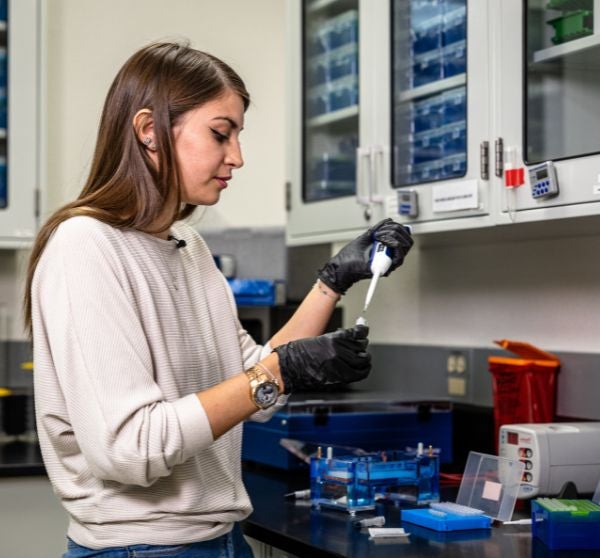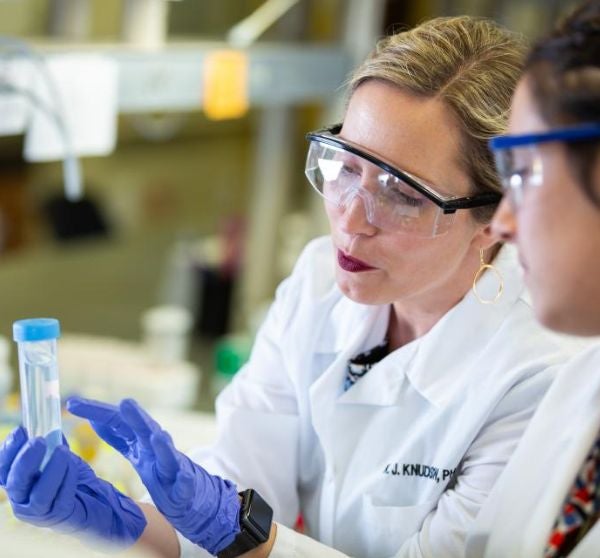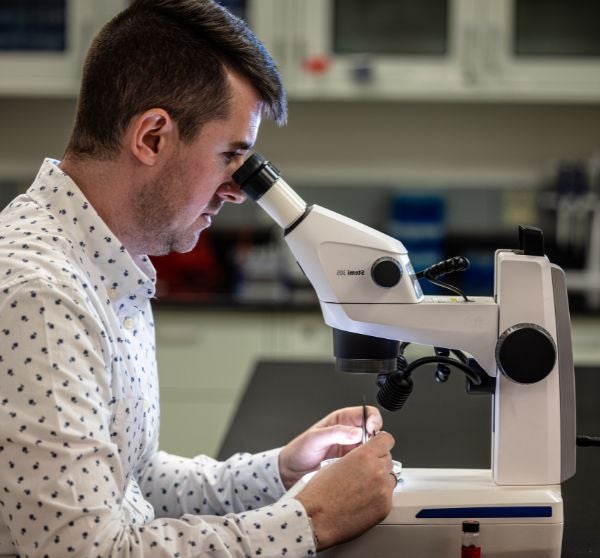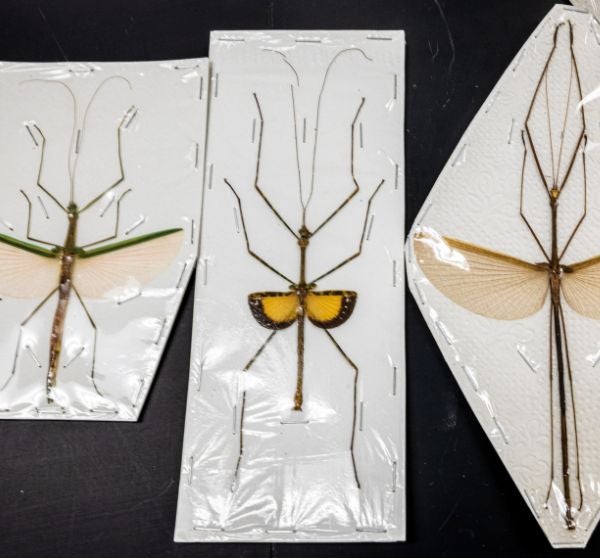
Degrees
The School of Interdisciplinary Forensics offers students seven undergraduate and graduate degree programs, including forensic science, forensic psychology and computational forensics.
Research
Research is crucial for improving the accuracy and reliability of forensic techniques and methods. It allows forensics scientists to stay up-to-date with the latest technologies and methodologies which can help to solve complex legal cases and exonerate innocent individuals.


Faculty
Our exceptional faculty the School of Interdisciplinary Forensics is where expertise meets innovation. Our diverse team of accomplished professors brings unique perspectives to their fields, conducting groundbreaking research in areas such as immigration, legal decision-making, primate genetics, and social influence in forensic contexts. Their work, funded by prestigious institutions and cited in courts nationwide, shapes the future of interdisciplinary forensics.
Initiatives
We are striving to bring together scientists, scholars, and students to pioneer the new and best practices in interdisciplinary forensics. Explore our initiatives to discover how we create world-class innovation across disciplines.

What makes us different?
Interdisciplinary forensics is a field that integrates knowledge and techniques from multiple scientific disciplines to investigate and solve complicated legal cases. This approach allows for a comprehensive analysis of evidence, as different perspectives and tools are brought together to provide a more accurate and reliable understanding of complex cases.
Experts from various fields such as biology, chemistry, psychology, and computer science work collaboratively to analyze physical evidence, reconstruct events, analyze jury decision-making, false confessions, eyewitness identification, expert testimony, human factors, at-risk children, recidivism, advise family courts and provide testimony in criminal and civil court cases. The interdisciplinary nature of forensics ensures that legal cases are thoroughly examined and that justice is served.
